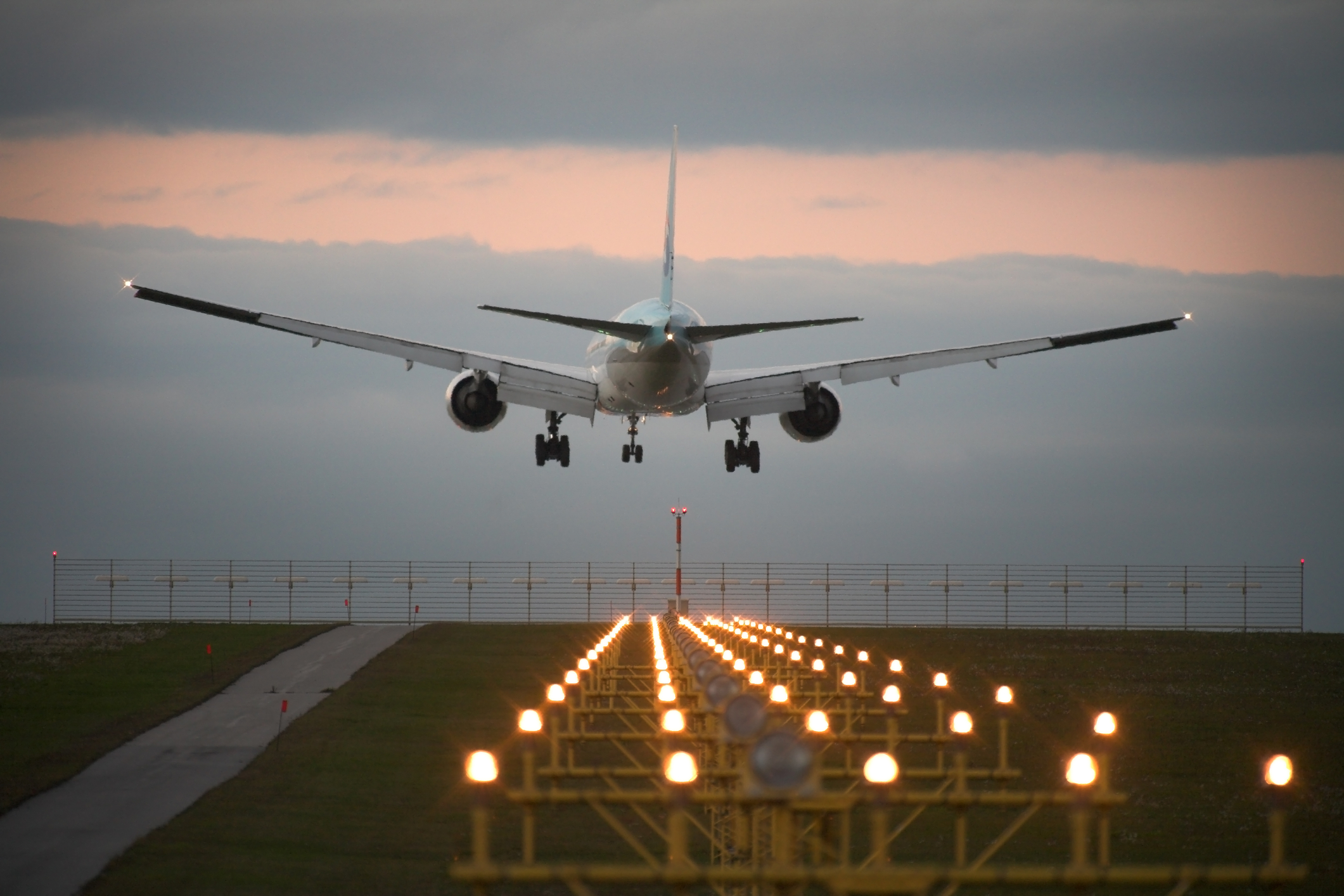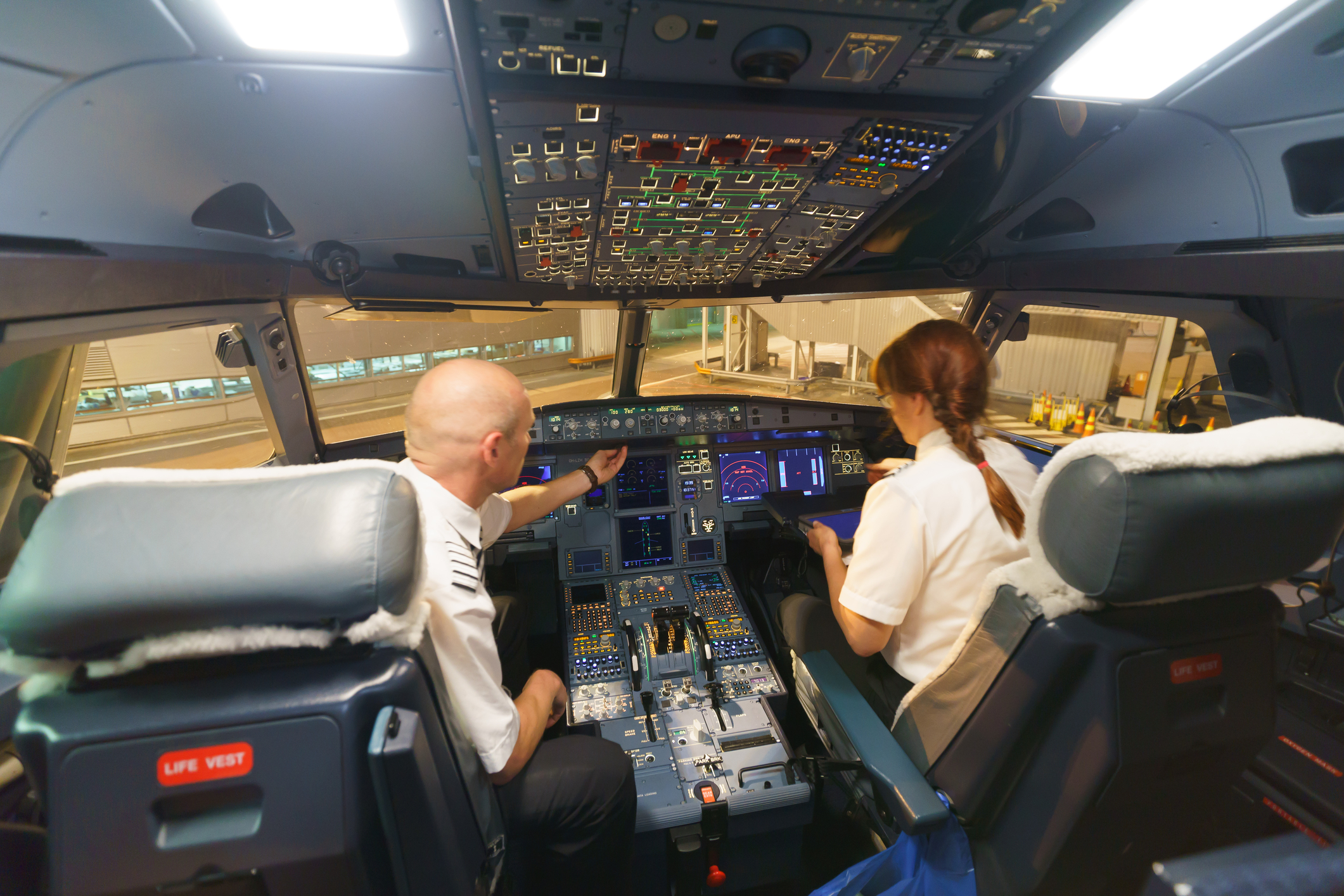What We Do




Background & Need
The aviation industry is a critical sector that has long been characterized by its rigorous demands and high-stress environment.

While technological advancements have made flights safer and more efficient, the human element—pilots and other aviation professionals—often faces challenges that are not sufficiently addressed. Issues like long working hours, jet lag, high-stress situations, and the physical demands of the job can take a toll on the well-being of these professionals.
The industry is also notable for its significant gender imbalance. According to the International Society of Women Airline Pilots, as of 2021, only about 5% of airline pilots worldwide are women. This disparity represents not just a lack of diversity but also an untapped reservoir of talent and perspective that could enrich the industry.
Specific health and well-being issues are often overlooked in traditional aviation training programs. While technical skills are highly emphasized, aspects like mental health, quality of sleep, physical fitness, and balanced nutrition are often relegated to the sidelines. Yet, these elements are crucial for the long-term sustainability of a career in aviation and for the safety of both pilots and passengers. For instance, studies have shown that sleep deprivation can have severe consequences, affecting a pilot's decision-making capabilities and reaction time.
Given these challenges, there is a clear and urgent need for an organization that adopts a more holistic approach to aviation training and well-being. Physical and mental health are not just "added bonuses" but essential components that can make the difference between a safe flight and a potentially hazardous situation.
Moreover, there is a pressing need to address the gender imbalance by creating opportunities and offering resources specifically tailored to encourage and support women in the aviation field.
This is where the Aviation Health and Wellbeing Institute steps in. By focusing on the comprehensive well-being of aspiring aviators—covering physical, biological, and social aspects—we aim to fill this existing gap. Our programs not only equip these young professionals for their careers but also prepare them for the challenges of life outside the cockpit. We also have a keen emphasis on advancing the role of women in aviation, recognizing the value of a more diverse and inclusive workforce.
By tackling these issues head-on, we hope to foster a new generation of aviators who are not just skilled but also well-rounded individuals, capable of contributing positively to the industry and society at large.


